In the article A Comprehensive Guide to Bitcoin Taxes in the UK. Part 1 we touched upon common items related to bitcoin taxation in the UK. Particularly, we provided a definition of a «cryptoasset», indicated what kind of bitcoin taxes are applied and described some of their types in details. In the second part of the article we are going to outline cryptoassets received as earnings and how to pay less taxes for bitcoin.
Moreover, we would like to catch your attention for a minute more if you use Trastra in crypto operations, such as Bitcoins and check the benefits of it. If you are not using it, so it would be good to know what is Trastra and how you can get some edge with it.
Cryptoassets as Earnings
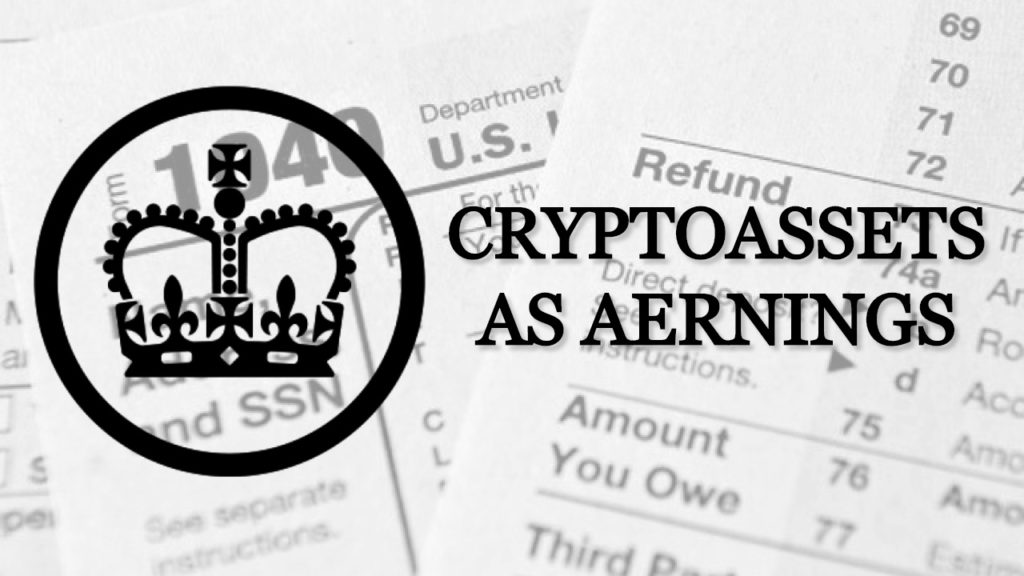
If your employer pays you in Bitcoin or another cryptocurrency, it falls under the “money’s worth” rule – this means that you are receiving a benefit that isn’t in the form of fiat currency. This means the rules of National Insurance payments and Income BitcoinTax in the UK are applicable.
RCAs
If you receive your crypto as Readily Convertible Assets, it’s a sign of trading activity, or it is likely to happen at some point. For example, if your employer pays you in Bitcoin, you will likely use an exchange service to change that to fiat money. Therefore, that kind of cryptoasset is considered to be income – since you will likely trade it for monetary value. Thus, the employer will pay the Income Tax on your behalf.
Non-RCAs
If your cryptoasset doesn’t fall under the category of RCAs (which was outlined above), National Insurance and Income Bitcoin Tax tend to apply. Nevertheless, employers are not responsible for withholding Income Tax from payments. Rather, the responsibility falls on the holder – this includes declaring the tax amount and paying it to the HMRC (i.e., submitting the Self-Assessment tax return form).
Third-Party Payments
When assets are received as employment income, and it’s processed by a third party, Income Tax and National Insurance payments may still be applicable. The employer’s responsibility is to estimate the asset’s implied value.
Disposal of Employment Income
If you dispose of BTC that was paid as wages, it might fall under the Bitcoin Capital Gains Tax – depending on whether the asset had increased in value at that point.
Record Keeping
In order to complete tax returns, the owner is responsible for keeping records of all crypto activity. The reason is that the exchange’s record-keeping may be stored only for the short term. You should keep track of:
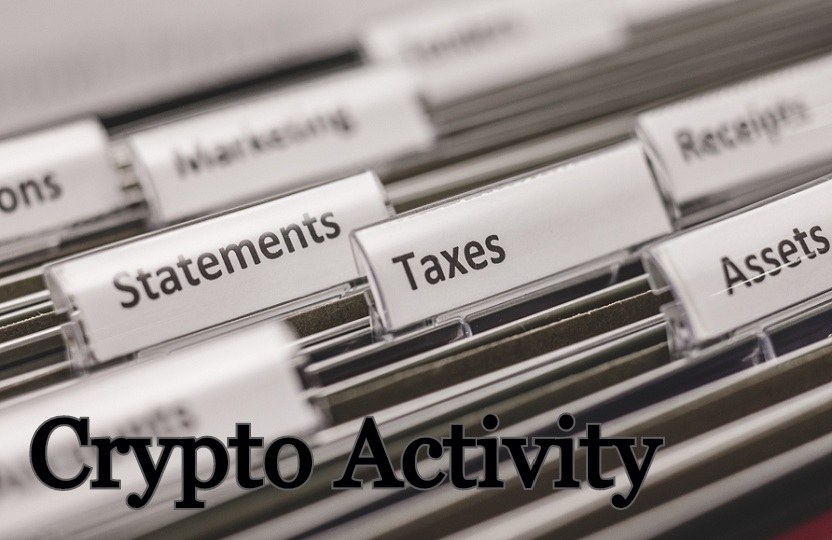
- The kind of cryptocurrency
- The date that the transaction took place
- Whether the cryptocurrency was purchased or disposed of
- Units per transaction
- How the transaction is valued in GBP
- How many investment units you hold in total
- Crypto wallet addresses (this is useful in case your taxes are audited)
How to be Charged with Less Bitcoin Taxes?
As you can see, the HMRC has a very comprehensive plan when it comes to cryptocurrency taxation. However, there are some ways that you can lessen the amount of Income tax, Capital Gains tax, and National Insurance contributions that you owe. You might not be able to get rid of your tax bill altogether, but you can definitely make it more manageable.
Take Advantage of the CGT Allowance
Everyone in the UK has a Capital Gains Tax allowance – this means that you can make tax-free gains on an investment each year. These don’t roll over into the next year, so you’ll want to use up as much of it as you can. For the 2020/2021 tax year, everybody has a taxable gains allowance of 12,300 GBP.
So, what does this mean for you? Let’s say that you earn 12,600 GBP from cryptoasset exchanges in this fiscal year. You can subtract the CGT allowance, thus only paying taxes on 300 GBP. What’s more, if you transfer cryptoassets to your spouse, your CGT allowance will be effectively doubled. Keep in mind that the transfer must be a gift and that you’ll need to make a record of the transfer.
Harvest Your Losses
 Have you ever heard of tax-loss harvesting? Essentially, it’s a tactic for reducing your taxation charge by taking advantage of losses. You can use losses to cover the earnings that you made earlier in the fiscal year. You can even use crypto losses to offset profits from ETFs, real estate, bonds, stocks, and more.
Have you ever heard of tax-loss harvesting? Essentially, it’s a tactic for reducing your taxation charge by taking advantage of losses. You can use losses to cover the earnings that you made earlier in the fiscal year. You can even use crypto losses to offset profits from ETFs, real estate, bonds, stocks, and more.
How does this work exactly? Well, your Bitcoin Capital Gain tax is determined by subtracting the value of your crypto from how much you sold it for. But if you sell the crypto for less than what you paid for it, the value goes into the negatives. Thus, it lessens your tax burden.
There is a downside to this, though – because of the UK’s wash-sale policies, you won’t be able to sell your crypto and immediately rebuy it. You would need to wait at least a month before buying back crypto in order to truly reduce your tax burden. The good news is that there’s a way around this! If you are married, your spouse can buy back the cryptoassets immediately without being subject to the 30-day policy.
Let’s look at an example of how selling at a loss can be quite useful.
If you purchased 10,000 GBP of BTC back in late 2017 and traded it for ETH in early 2018, you could have generated approximately 5,000 GBP in profit – and you’d have 15,000 ETH in your cryptoasset pool. Since you traded at a gain, it would be a taxable event, and you would need to pay Bitcoin Capital Gains Tax on the 5,000 GBP.
Now let’s imagine we are at the end of 2018, and you’re still holding your ETH in the pool. It’s fallen from 15,000 GBP to 3,000 GBP, but you still owe a capital gains tax on the 5,000 GBP profit from earlier in the year. So, what can you do? Sell your ETH for the 3,000 GBP that it’s currently worth – you’ll have a total capital loss of 12,000 GBP. Thus, it will not be taxed since you have a negative net gain.
Deduct Trading Fees
When you trade cryptocurrencies, there will typically be associated fees (like brokerage commissions, for instance). You’ll want to add any such costs to the total price of the cryptoasset when you’re calculating your costs. This way, your taxable gain will be smaller.
Borrow When You Need Money
If you really need money, you might be tempted to sell your cryptoassets. However, keep in mind that doing so will trigger a capital gain tax. There’s a better alternative for getting money without having to sell your cryptoassets: crypto lending.
There are lots of platforms that enable you to do this. All you have to do is give them your cryptocurrency as collateral – they’ll give you fiat currency in exchange. When you pay back the fiat, you’ll get your crypto back. Since you never actually disposed of it, this means that you won’t have to pay Capital Gains tax.
One thing to keep in mind is that most crypto lending companies charge high interest rates – you can expect a rate of around 12%. However, this is still lower than what you would have to pay in tax for disposing of your cryptoassets.
Invest Into an EIS
If you invest in an EIS (Environmental Impact Statement) and make gains, you don’t have to pay Capital Gains Tax as long as you hold the profits for at least three years. This is a great way to lessen your tax bill – however, holding gains in an EIS will typically be riskier than holding in shares or stocks.
Bitcoin Taxes FAQs
We’ve gathered some questions we often hear regarding crypto and taxation.
Do you have to pay cryptocurrency taxes in all countries?
Although most countries have some sort of crypto-tax scheme in place, there are still some countries that don’t tax cryptoassets under all or some circumstances. Take Germany, for instance. They don’t tax you when you’ve been keeping that for over a year. What’s more, if you spend less than 600 EUR of crypto in one transaction, it will be exempt from taxes. Because of this, Germany is considered to be a tax haven for cryptoasset holders.
![]()
How should I keep records of crypto transactions?
Earlier in our guide, we mentioned exactly what kind of information you need to record about all of your cryptocurrency transactions. However, we understand that this can be a lot to manage. If it seems overwhelming, we would recommend using some sort of crypto tracking tool – Koinly, BitcoinTaxes, and Cointracking are a few great options.
Can you break down taxable vs. non-taxable events?
Sure! Our guide contained this information, but here it is in a more condensed form.
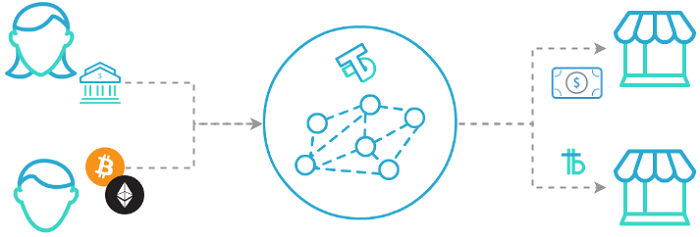 Taxation activities include the sale of crypto for fiat monies (like GBP, for instance), trading one form of crypto for another form of crypto, gaining cryptocurrency as income, and spending cryptocurrency in exchange for a service or a product.
Taxation activities include the sale of crypto for fiat monies (like GBP, for instance), trading one form of crypto for another form of crypto, gaining cryptocurrency as income, and spending cryptocurrency in exchange for a service or a product.
On the other hand, non-taxable events would be donating your cryptoassets to a charity, giving it freely as a gift, buying crypto with fiat money, and transporting cryptocurrency between wallets or exchanges.
When do I need to file my crypto Self-Assessment tax form?
The last date for registering for self-assessment was October 5th, 2020. You should have filled your paper tax form by midnight on October 31st, 2020. If you would rather fill your tax return online, that will be due by midnight on January 31st, 2021. Lastly, you will be charged your owed taxes midnight, January 31st, 2021 as well.
Is there a penalty for evasion of Bitcoin tax in the UK?
Yes, there is. While you can take steps to reduce the amount of tax you owe, we don’t recommend ignoring your tax bill at the end of the year.
The HMRC has ruled that taxpayers who don’t report their profits could face a flat capital gains tax of 20%. What’s more, you would also be responsible for penalties and interest up to 200% of the tax that you owed. It is also possible that you would face jail time and criminal charges. So, we can’t stress the importance of this enough – take LEGAL steps to reduce your taxes.
Trastra: The Best Service for Cryptocurrency Transactions
Now that you know how to minimize your cryptoasset tax liability, you need a good platform to store, exchange, and spend your cryptocurrency. We highly recommend Tratra for your cryptocurrency needs.
About Trastra
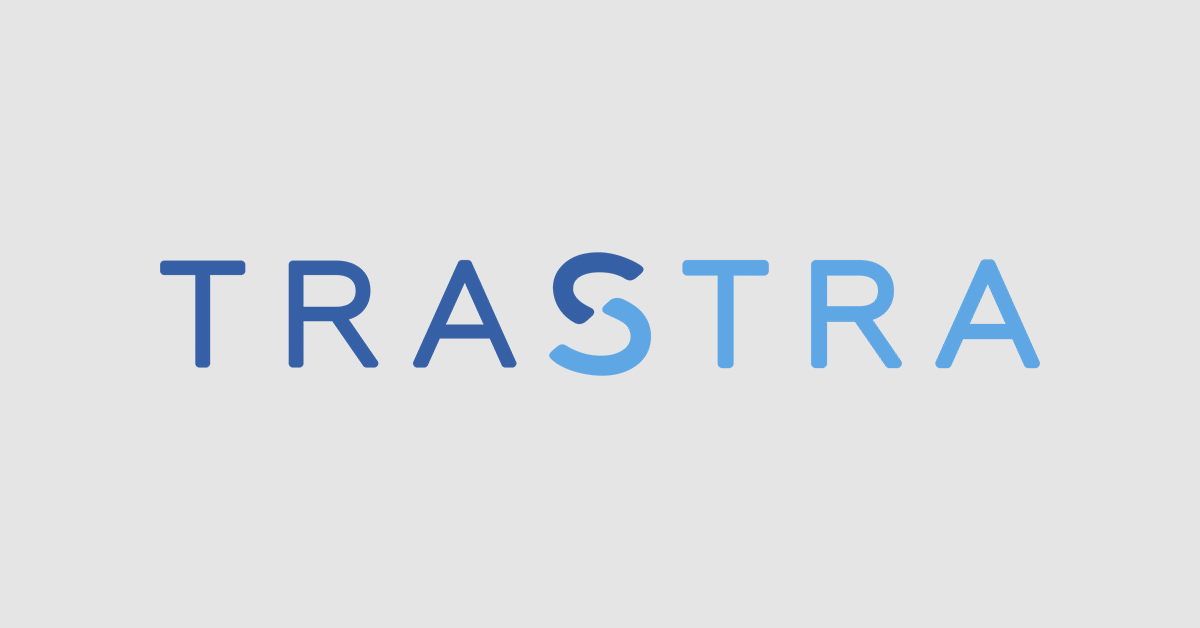
With Trastra’s mobile banking services, you can load your crypto wallets, manage your currencies, and send crypto across the world in an instant. You can also use the app to exchange cryptocurrency for fiat money – and spend crypto as cash with a Payment Card. Use the Payment Card for POS and ePOS sales, as well as for ATM withdrawals.
Why We Like Trastra
We love that you can create five cryptocurrency wallets for free! Currently, Trastra supports BTC, LTC, ETH, XRP, and BCH. You also have control over your transaction speed, since you can choose the mining fee that you want to pay.





Trastra’s mobile application is user-intuitive, and it lets you cash out and exchange your cryptoassets at any time and any place.
How to Get Started with Trastra
If you like the sound of Trastra, you can get started right away – sign up for an account on their website and go through the verification procedures. In order to unlock all of the service’s features and get access to the Payment Card and multiple crypto e-wallets, you’ll need to verify your ID.
After verification, you are free to add Bitcoin, Bitcoin Cash, Ripple, Litecoin, and Ethereum to your account. You can top up your account at any time from the mobile app. You can also order the Payment Card. Exchange your crypto into fiat currency immediately with the Trastra app, and spend it with your card!
How Can We Help?
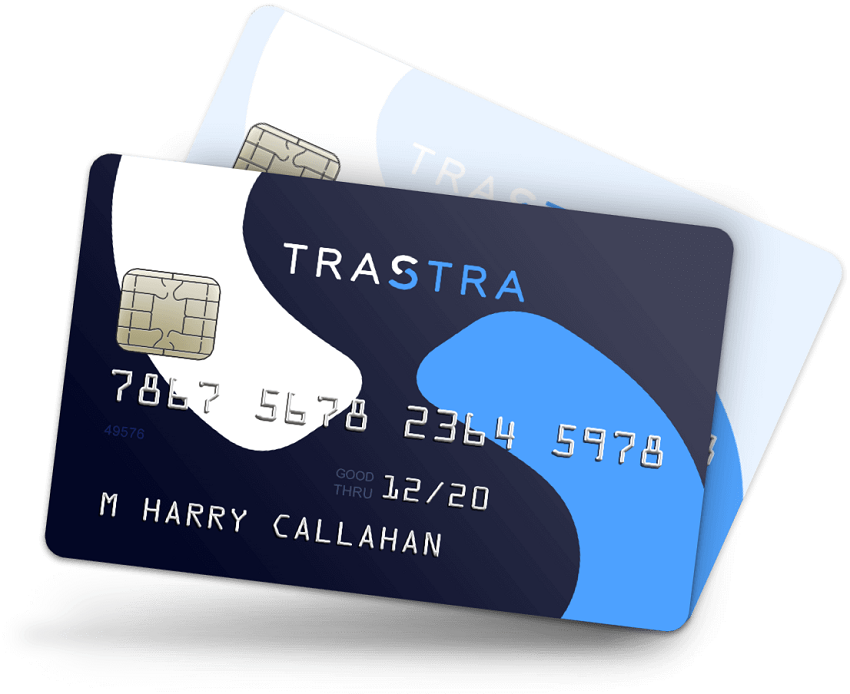
Now that you know how to be charged with fewer cryptocurrency taxes and the benefits of using Trastra, we have one more excellent piece of information for you. Because we love Trastra’s services so much, we have partnered up with them to offer you the best signup conditions.
If you use our link to create an account, you can get the following benefits:
– Get a card even if you don’t have a bank account
– Free transfer of crypto to card
– Free EUR purchases with VISA card
– ATM withdrawal fee of only 2.25 EUR
– 300 EUR ATM daily withdrawal cap
Are you ready to start making profits with cryptocurrency exchanges? We hope that our guide has equipped you with the information necessary to reduce your UK tax bill at the end of the year. Above all else, remember that the HMRC is entitled to change its crypto taxation scheme at any time. Make sure you stay up to date by checking their cryptoassets page for updates.





